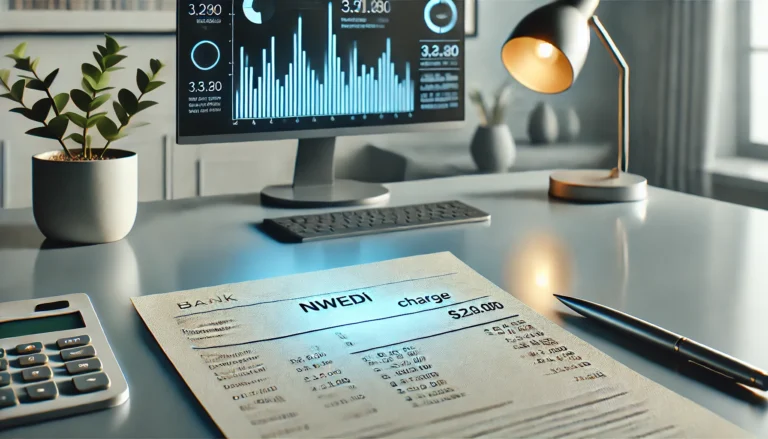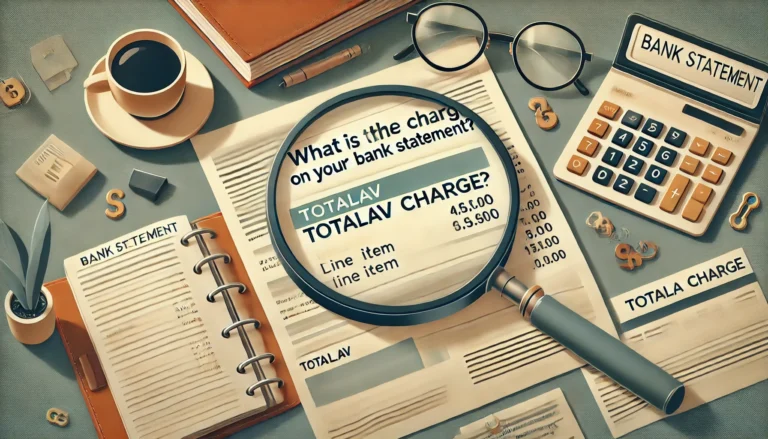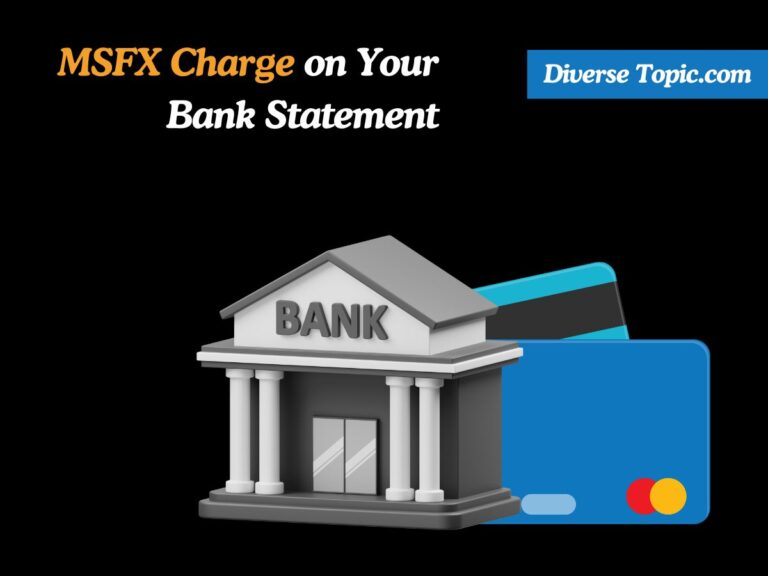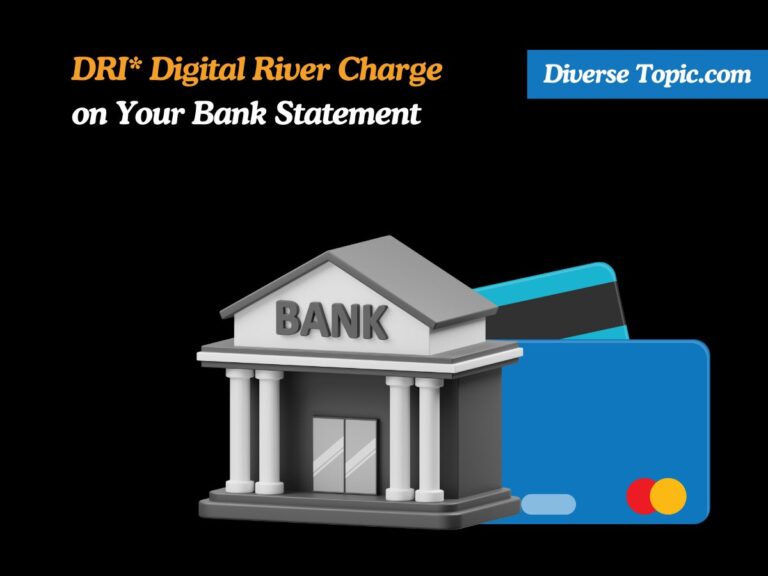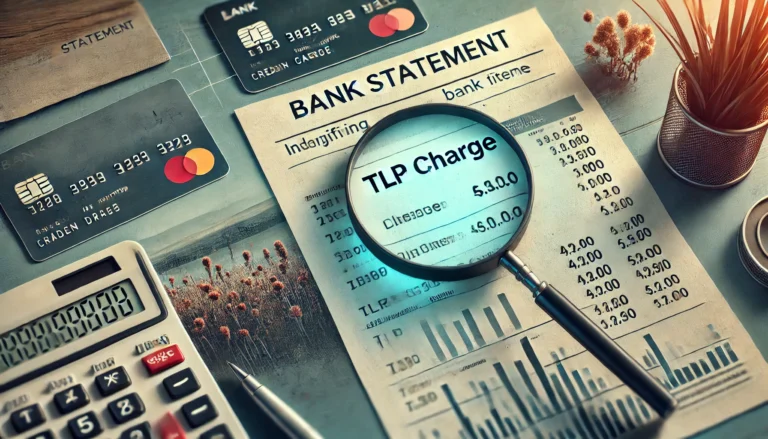Can a Lawyer Request Bank Statements from You?
If you’re a person or business owner dealing with legal issues, you might wonder if your lawyer has the authority to ask to see your bank statements. Sure, is the simple response, but only under certain conditions and circumstances.
It is essential to comprehend the rationale behind these demands and the consequences in order to properly manage your legal matters. This guide attempts to provide you a thorough rundown of the situations and reasons why your bank statements might be requested by attorneys.
Can a Lawyer Request Bank Statements?
Understanding the dynamics of financial disclosure in legal matters is essential, particularly regarding bank statements. When a lawyer requests your bank statements, it’s important to grasp the potential legal implications of your response, as well as the impact on your case.
Consequences of Not Providing Bank Statements:
Refusing to provide bank statements can lead to several negative outcomes:
- Credibility Issues: Should you decline to furnish the needed paperwork, your attorney could doubt your sincerity. This might give rise to rumors that you could be concealing anything important related to the case.
- Opposing Counsel’s Access: In legal disputes involving financial matters, the opposing counsel may also request access to your bank statements. If they obtain these documents without your consent, they could use any information against you, which may significantly harm your case’s outcome.
- Legal Sanctions: A refusal to produce bank statements could lead to legal sanctions, including:
- A judge’s order compelling you to provide the documents.
- Potentially incurring costs associated with legal proceedings.
- In extreme cases, a refusal could even result in the dismissal of your case.

Benefits of Providing Bank Statements:
On the other hand, sharing your bank statements with your lawyer offers numerous benefits:
- Strengthening Your Case: Providing accurate and complete bank statements can help your legal team gain a comprehensive understanding of your financial situation. This information can bolster your case by supporting your claims or refuting accusations from the opposing party.
- Informed Representation: By providing your bank statements, you make sure that your legal team has all the data they need to properly represent you. By giving your lawyer access to all pertinent information, this openness may promote a stronger attorney-client relationship and enable them to effectively represent your interests.
Also Know How Does Grindr Show Up on Your Bank Statement.
Why a Lawyer May Request Bank Statements
Investigating Fraudulent Activities
A lawyer may obtain bank statements primarily in order to conduct an investigation and find evidence of possible fraudulent activity. When investigating dubious financial activities, a careful review of bank statements might reveal:
- Sources of Income: Lawyers can analyze deposits to determine the legitimacy of income reported.
- Expenses: Identifying unusual or unexpected expenditures that may suggest fraud.
- Transaction Patterns: Understanding spending behavior can highlight irregularities that warrant further investigation.
Assessing Financial Situations
Bank statements may be requested by attorneys in situations when the parties’ financial circumstances are critical, such as divorce lawsuits or partnership disputes.
- Establish Income and Assets: A thorough description of a person’s or company’s financial situation, including assets and obligations, may be found in bank statements.
- Evaluate Expenses: Attorneys are able to evaluate both ongoing and one-time costs, which contributes to a comprehensive financial health report.
This information is particularly relevant in cases where equitable distribution of assets or alimony might be contested.
Supporting Personal Injury Claims
Bank statements may be crucial supporting documentation for clients in personal injury cases when attempting to prove lost wages or future earning potential. Attorneys may ask for declarations ranging from:
- The Date of Injury: To establish a baseline of earnings prior to the incident.
- The Duration of the Case: To quantify the total financial loss due to the injury.
This documentation helps demonstrate the financial impact of the injury and is critical in negotiating settlements or awards.
Verifying Claims in Child Support Cases
One party may argue that financial hardship prevents them from being able to make child support payments in disputes involving child support. In these circumstances:
- Requesting Bank Statements: To confirm that assertions about income and spending are accurate, the ex-spouse may want to see bank statements.
- Assessing Financial Viability: Based on verified financial circumstances, attorneys may utilize this information to support or refute the requested support payments.
Evaluating Bankruptcy Situations
For individuals or businesses declaring bankruptcy, attorneys will often request bank statements to:
- Assess Financial Health: Comprehensive bank statements can reveal the true financial situation of the client, helping the attorney formulate a strategy for the bankruptcy filing.
- Provide Documentation to the Court: A debtor’s whole financial situation must be presented to the courts, and bank statements are essential documentation for the claims contained in bankruptcy applications.
Building a Stronger Case
Overall, bank statements are invaluable for lawyers as they work to build a stronger case for their clients. They offer a clear, documented account of financial activity that can:
- Support Claims: Provide evidence to back up assertions made by clients.
- Examine Opposing Claims: Allow lawyers to scrutinize the financial claims made by other parties involved in the legal proceedings.
Also Read What Is the Comenity Pay Charge.
Tips to Share Bank Statements With a Lawyer
Sharing bank statements with your lawyer is an important yet delicate process. To ensure that this exchange is secure and that you are only providing the necessary information, consider the following tips:
Provide Only Relevant Documents:
Make sure to include just the bank statement records that are relevant to your case when submitting them. Giving your lawyer unnecessary information might make the legal procedure more difficult and time-consuming. To speed up the review process, for example, you may decide to exclude irrelevant PayPal transactions from your statements.
Redact Sensitive Information:
Social Security and account numbers, among other sensitive personal data, are frequently seen on bank statements. Spend some time editing out any information that isn’t required or pertinent to your case before releasing these remarks. This safety measure aids in preventing potential abuse of your personal information.
Send Only Through Secure Methods:
Security is crucial while exchanging bank statements. Regular email should not be used as it might not sufficiently safeguard your data. Instead, send data via secure channels. For the purpose of uploading documents, many attorneys offer safe online portals. If possible, you may also choose to present the statements in person.
Discuss How They’ll Use Your Bank Statements:
Discussing with your attorney how they plan to utilize your bank statements in your case is essential. You can feel more secure knowing that your personal information is handled properly and only for legal purposes if you know why they are using these papers. Never be afraid to ask your lawyer to clarify how they plan to utilize them before disclosing any information.
Keep a Copy of the Bank Statements:
Make sure you always have a duplicate of the bank statements you give your attorney. By keeping these documents, you may keep track of the material that has been sent and use them as a reference in the event that you have any further questions or conversations about your case.
Conclusion:
In conclusion, bank statements may be obtained by attorneys, and doing so has a number of uses, including the investigation of fraud and the evaluation of clients’ financial circumstances in divorce or bankruptcy proceedings. Knowing these dynamics can help you be ready in case your attorney asks to see your financial records.
Always ask your lawyer about the requirements; keeping clear and correct financial records might be essential to successfully managing the intricacies of legal proceedings.

